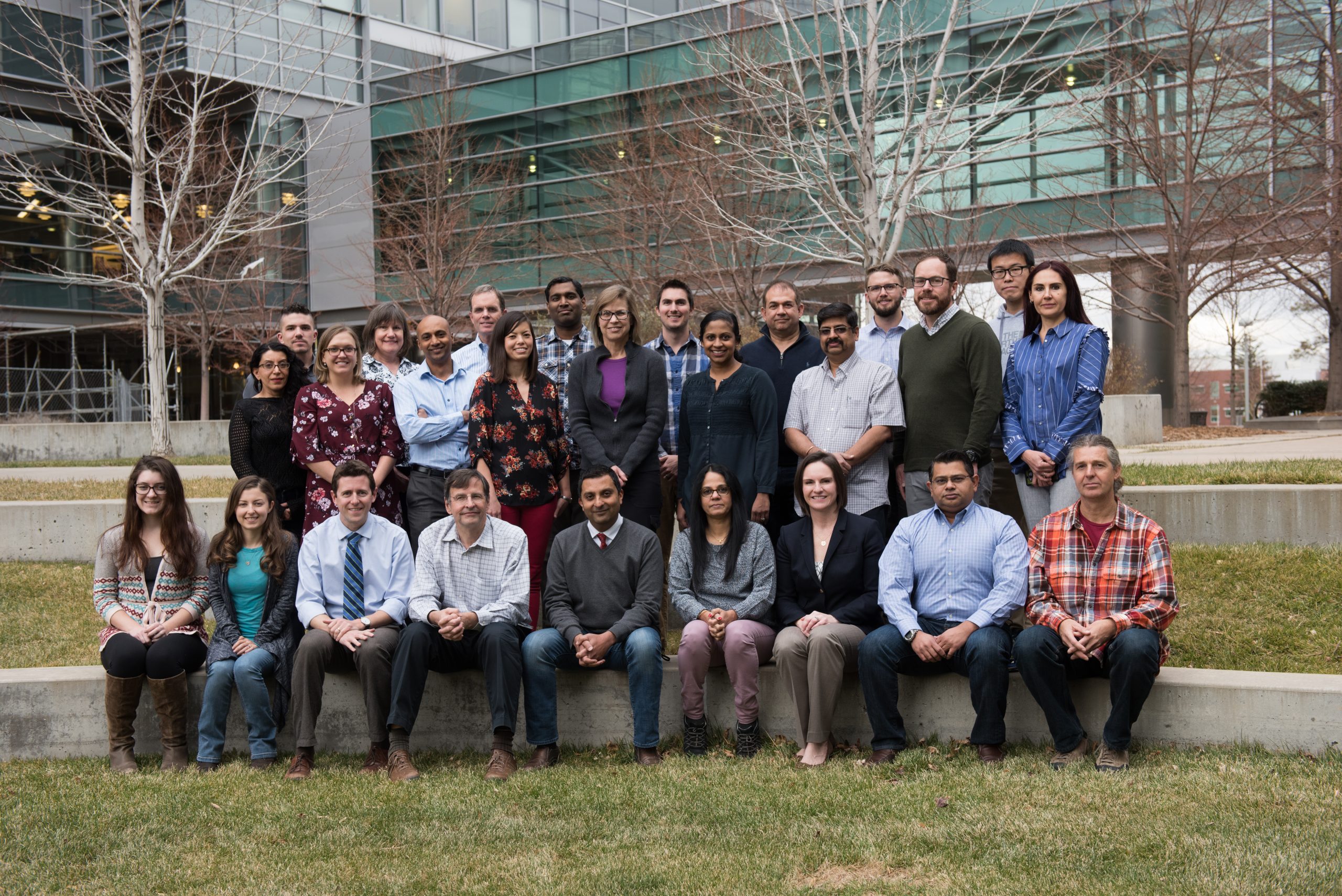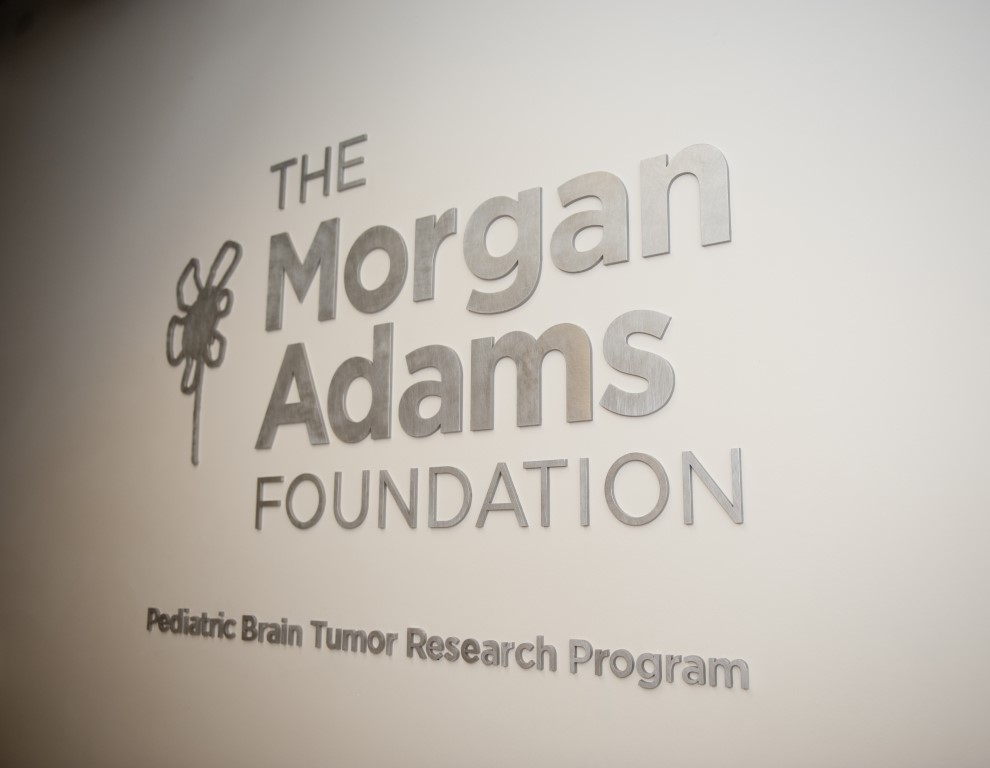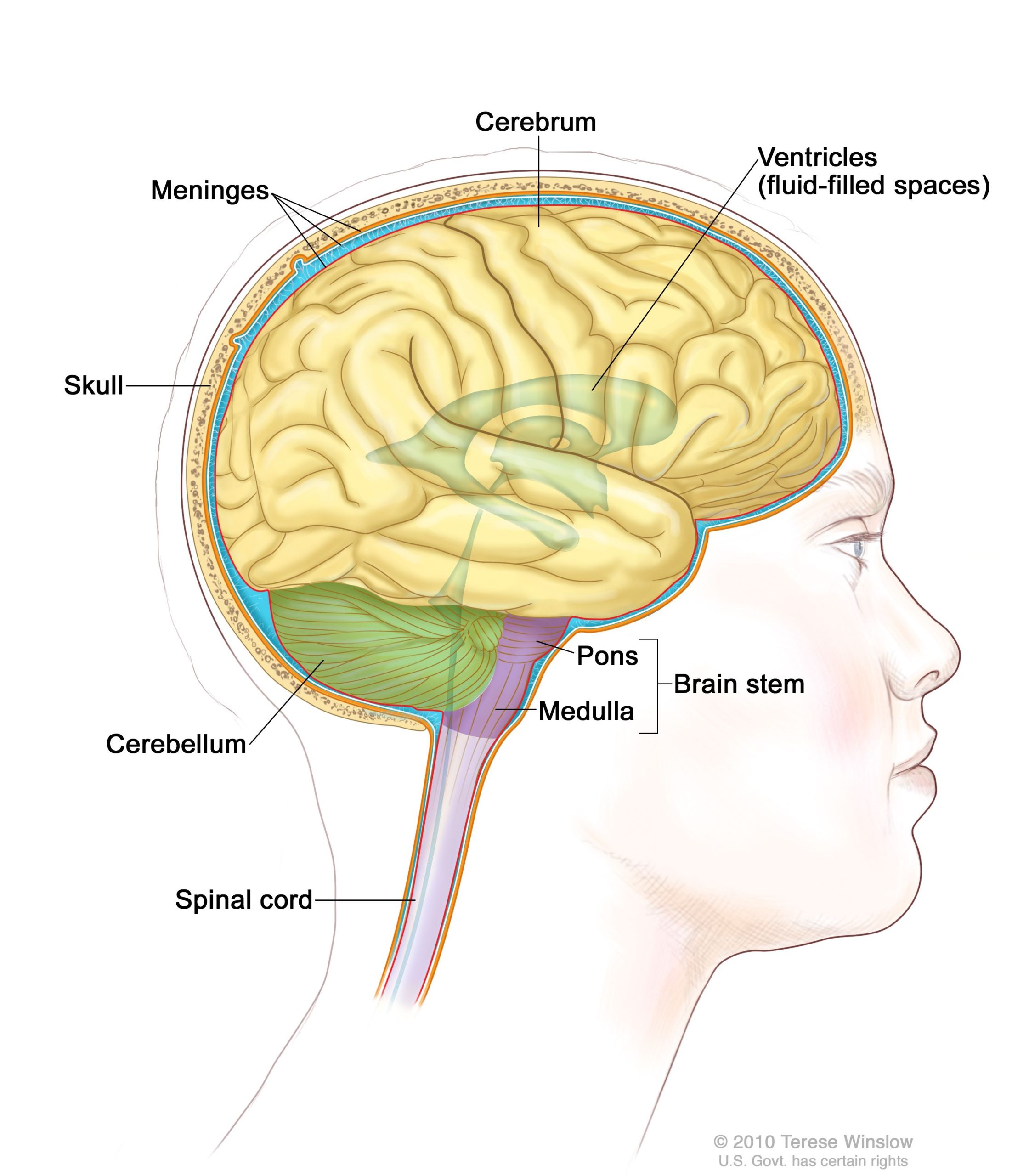New Collaboration to Improve Outcomes for Kids with Osteosarcoma
The Morgan Adams Foundation is proud to partner with the Osteosarcoma Institute (OSI) to fund a correlative study alongside a new Phase 2 clinical trial
The Morgan Adams Foundation is proud to partner with the Osteosarcoma Institute (OSI) to fund a correlative study alongside a new Phase 2 clinical trial

We are proud to share a very exciting initiative in revolutionizing pediatric cancer care that The Morgan Adams Foundation is a partner of: RadFlix is

The 21st International Symposium on Pediatric Neuro-Oncology was held June 28-July 2, 2024 in Philadelphia, Pennsylvania. ISPNO is the major global meeting for the international

Over the past 20+ years, work done by clinicians and scientists in the Morgan Adams Foundation Pediatric Brain Tumor Research Program has driven important discoveries

Medulloblastoma is a type of malignant brain tumor that is typically diagnosed in children and adolescents. It is one of the most common brain tumors
Cancer is caused, generally, by genetic mutations starting in individual cells. A mutation changes how the body’s cells work, which can cause cells to multiply
Because of generous donor support, these eight clinical trials are helping kids with cancer right now: Newly diagnosed diffuse midline glioma Newly diagnosed or recurrent
As technology continues to advance and researchers learn more about how specific types of cancer form, grow, and respond to treatment, an increasing number of
A child who is diagnosed with cancer has their life turned upside down by appointments, treatments, pain, side effects, hospital stays, and innumerable missed milestones,
Neurofibromatosis Type 1 (NF1) is an inherited genetic disorder that leads to the formation of tumors on the peripheral nervous system, called plexiform neurofibromas. Plexiform